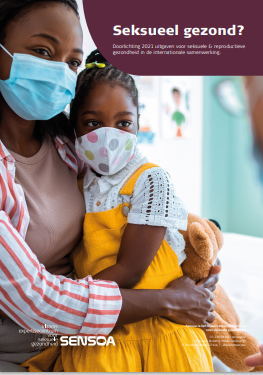
Sensoa reviewed DGD spending on health and sexual and reproductive health.
In 2021, 11% of Belgium's total international cooperation spending went to health and reproductive health. Spending on reproductive health (to prevent unplanned pregnancies, ensure maternal health, etc.) increased, but overall spending on health stagnated. This is remarkable, as we would have expected increased support for health in light of the COVID pandemic. Moreover, investments in strengthening health systems are necessary to provide people with quality sexual and reproductive health services.
In 2021, 11% of Belgium's total international cooperation spending went to health and reproductive health. Spending on reproductive health (to prevent unplanned pregnancies, ensure maternal health, etc.) increased, but overall spending on health stagnated. This is remarkable, as we would have expected increased support for health in light of the COVID pandemic. Moreover, investments in strengthening health systems are necessary to provide people with quality sexual and reproductive health services.

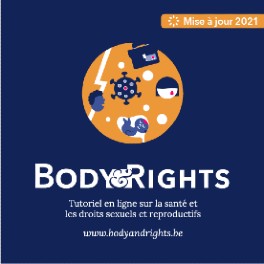
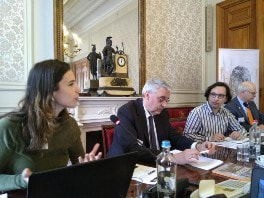

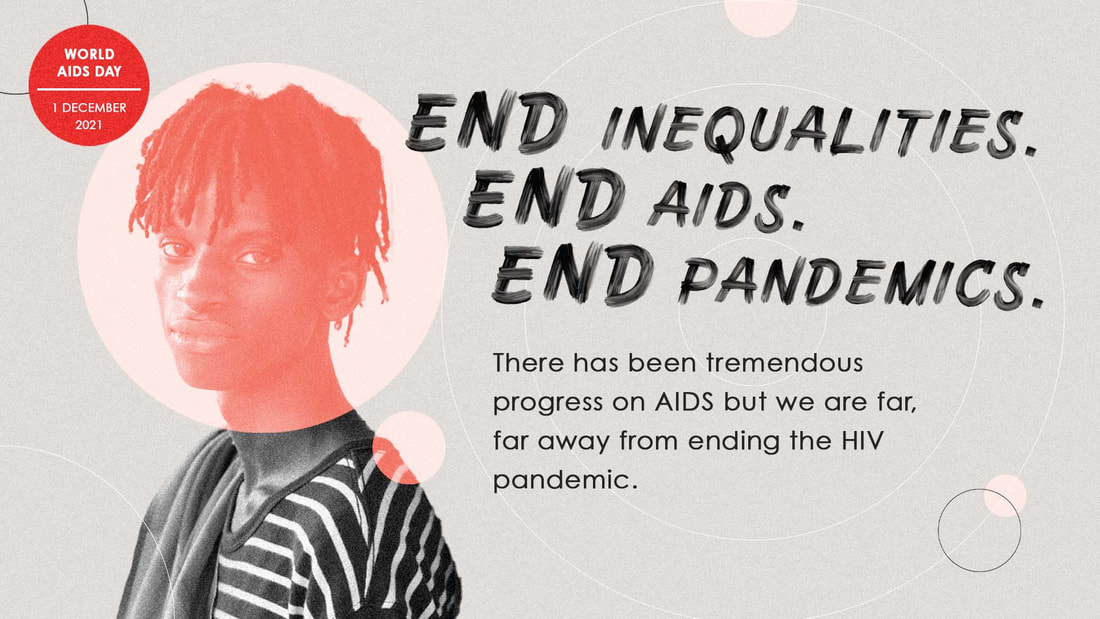
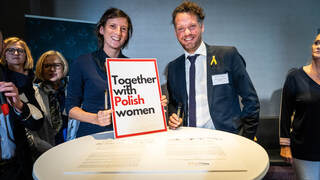

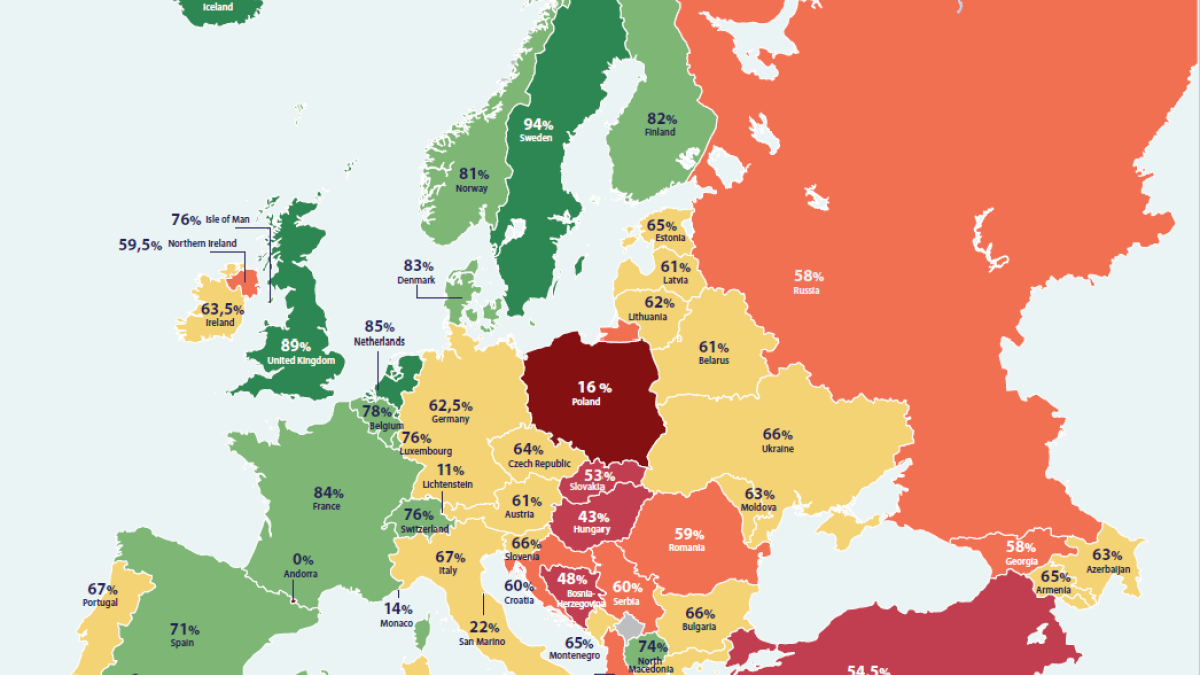
 RSS Feed
RSS Feed